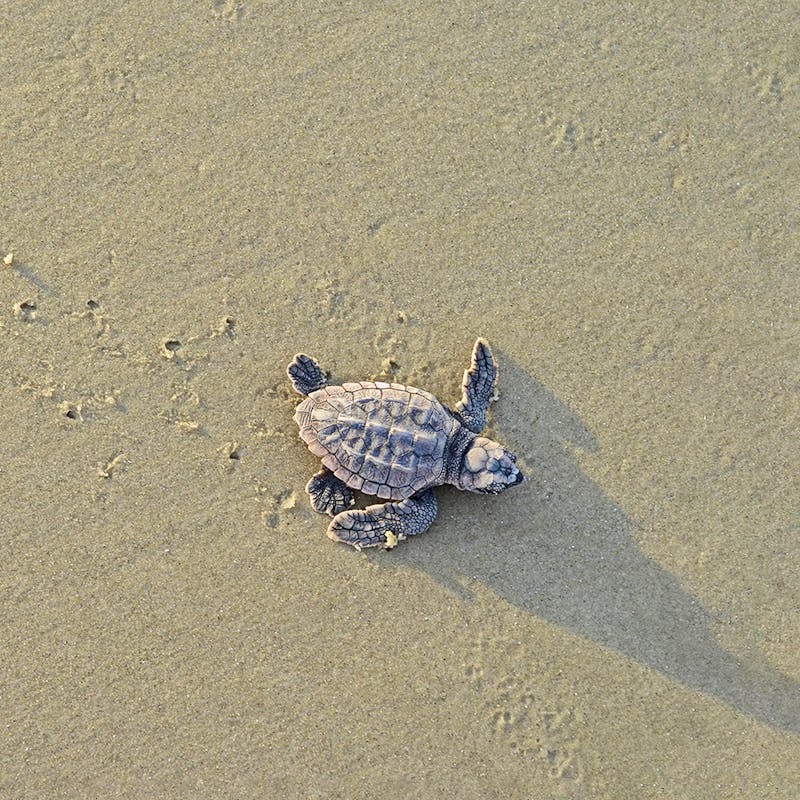
Found in fire-fighting foams, grease-resistant pizza boxes, nonstick frying pans and stain-resistant rugs, synthetic chemicals—called PFCs—make our everyday lives a little more convenient. In the long run, though, they make life much more toxic for us—and wildlife.
Most recently, researchers found this persistent pollutant in all five species of endangered or threatened sea turtles at levels approaching those known to be toxic in other animals, according to a study from Hollings Marine Laboratory in Charleston, South Carolina.
Once thought biologically inert, the most toxic members of the PFC family of perfluoroalkyl compounds never degrade in the environment and have become widespread since their invention in the 1950s, contaminating wildlife the world over.
PFCs have also turned up in the blood of albatrosses, bald eagles, dolphins, polar bears, seals and sea lions—and in the blood of almost every U.S. resident screened for the chemical.
The U.S. Environmental Protection Agency has made some progress in reducing PFC use. However, because they do not break down naturally, the chemicals will persist in the environment for years to come.
Turns out these modern-day marvels aren’t so marvelous after all.
GET UP STAND UP
Protect yourself and wildlife from PFCs by:
- Avoiding packaged food when possible, particularly microwave popcorn bags, and stain-resistant fabrics and furniture.
- Buying natural cleaning products or make your own using time-honored, effective ingredients such as lemons, vinegar and baking soda.
- Using anodized aluminum, stainless steel or cast iron pans with a little cooking oil instead of using nonstick cookware.
—Heidi Ridgley
Only select articles from Defenders are available online. To receive 4 issues annually of the full award-winning magazine, become a member of Defenders of Wildlife!

